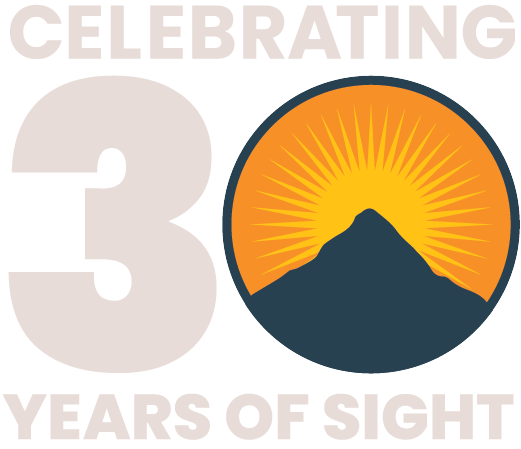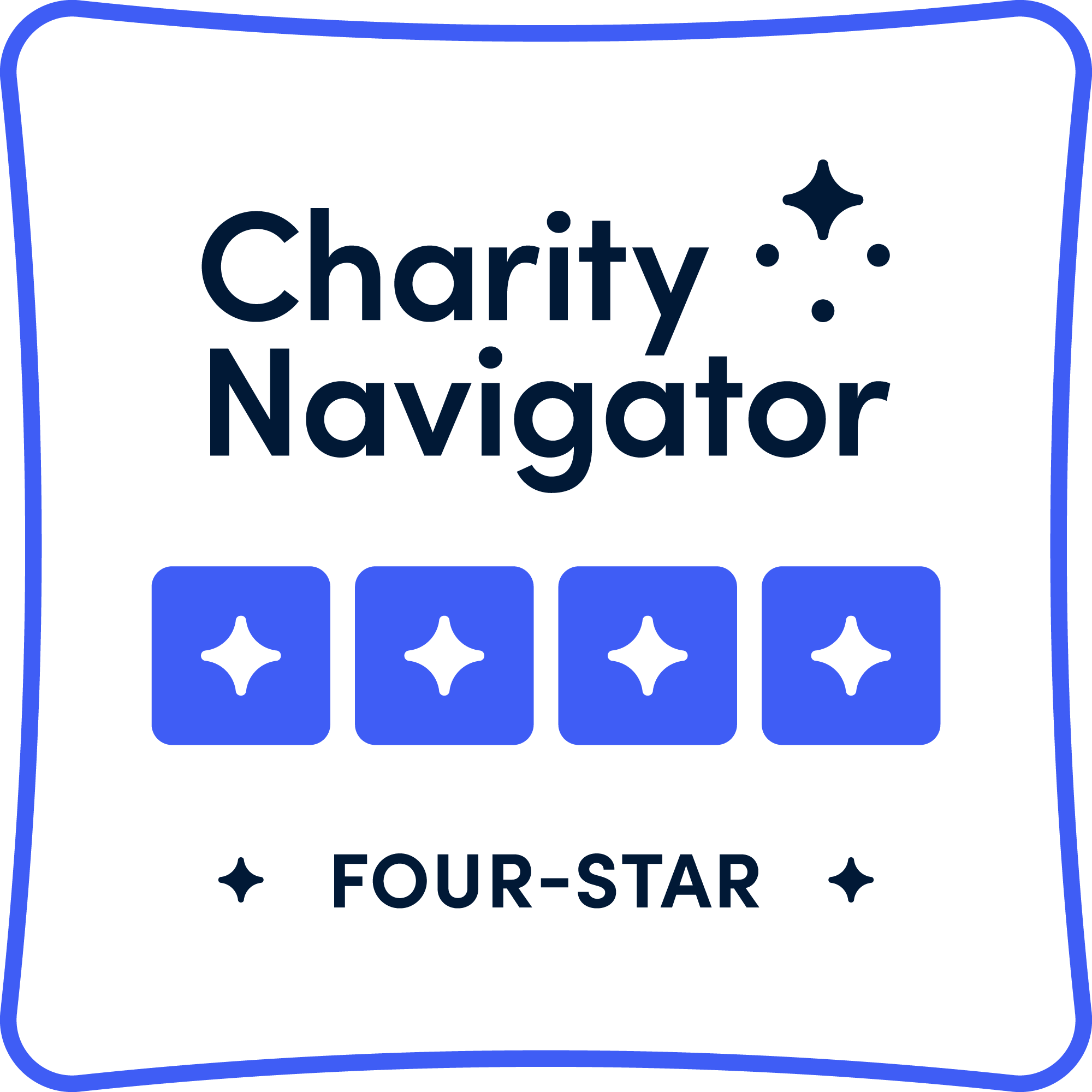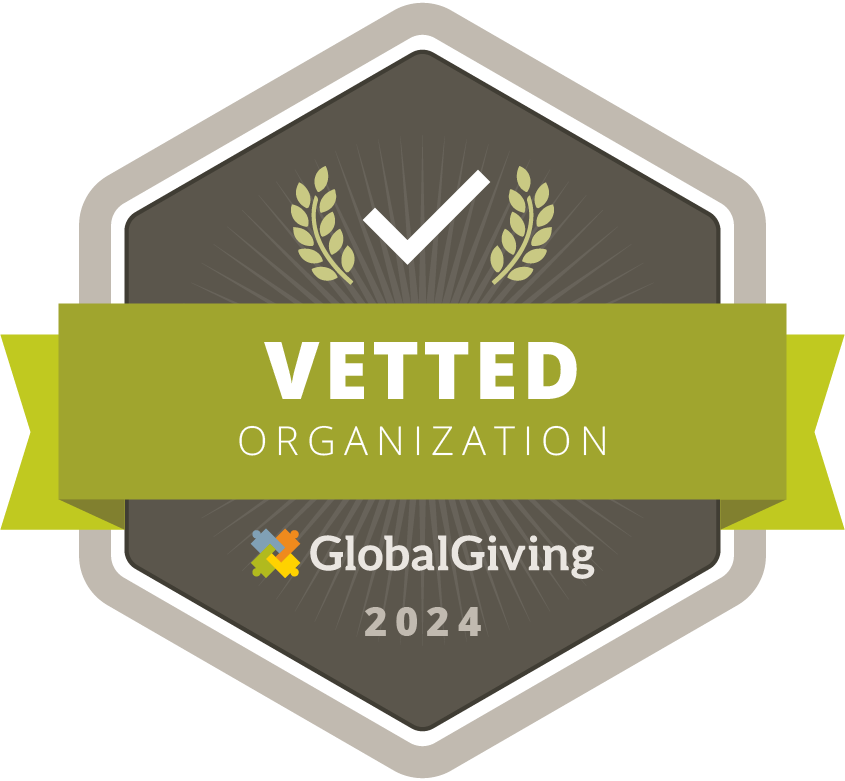KATH Performs First Retinal Surgeries Over 3-Week Training Program in Ghana
Doctors from KATH, Moran Eye Center and Tilganga Institute of Ophthalmology establish the first vitreoretinal program in Kumasi
The vitreoretinal (VR) hospital-based program at Komfo Anokye Teaching Hospital (KATH) in Kumasi, Ghana represents the culmination of a collaborative and multi-year effort between KATH, HCP, Moran Eye Center, USAID, Alcon, and the Tilganga Institute of Ophthalmology in Kathmandu, Nepal.

The three week training program started with a week of surgical retina, led by partners from the Moran Eye Center, including HCP Affiliated Ophthalmologist Dr. Paul Bernstein and former HCP International Fellow Dr. Eric Hansen. Also in attendance was Echo Cluff from The Eye Institute of Utah and Kelvyn Els from Envision Africa.
During the week and with support from the master trainers, Dr. Amos Aikins and Dr. Akwasi Ahmed - the two Ghanaian physicians trained in vitreo-retina - provided eighteen retinal surgeries at KATH. These 18 surgeries represent the first retinal surgeries performed outside of Ghana’s capital of Accra.
 With HCP support, both Drs. Aikins and Ahmed received vitreo-retina subspecialty training at the Tilganga Institute of Ophthalmology, HCP’s flagship training partner, and at University of Utah’s Moran Eye Center (through an observership). Nurses from KATH have also benefited from specialized nurse training in retina at both institutions. The consortium of partners, including HCP, Alcon and USAID, have provided specialized ophthalmic equipment and supplies for the subspecialty. In addition, the Alcon Foundation supported the training of Dr. Ahmed.
With HCP support, both Drs. Aikins and Ahmed received vitreo-retina subspecialty training at the Tilganga Institute of Ophthalmology, HCP’s flagship training partner, and at University of Utah’s Moran Eye Center (through an observership). Nurses from KATH have also benefited from specialized nurse training in retina at both institutions. The consortium of partners, including HCP, Alcon and USAID, have provided specialized ophthalmic equipment and supplies for the subspecialty. In addition, the Alcon Foundation supported the training of Dr. Ahmed.

Medical and surgical retina care are integral to KATH’s emergence as a tertiary eye center and comprehensive center of excellence serving the Ashanti region of Ghana. Retinal care is particularly important to KATH due to the prevalence of retina-related medical issues in the region including sickle cell trait and disease, diabetes, infections such as toxoplasmosis and HIV, and traumatic eye injuries. The need for quality vitreoretinal services was identified early in the partnership between KATH, Moran and HCP. This three-week hands-on training program was planned in coordination with Dr. Ahmed’s return to KATH, following training, and was intended to not only provide critical patient care but also surgical training in his home facility.

The training program sought to achieve the following primary objectives:
- Ensure KATH is fully operational and capable of providing vitreoretinal surgery
- Provide follow-up hands-on training in the trainees’ home facility to ensure continuity of training
- Provide meaningful skills and knowledge transfer for surgical and clinical retinal care
- Assess landscape surrounding retinal services in Kumasi and identify barriers, needs and opportunities for continued development
- Provide an adequate platform for success in anticipation of the subsequent training program with Dr. Govinda Pauydal from Tilganga and other visiting faculty.
*Items from this report from the field was provided by Dr. Eric Hansen



